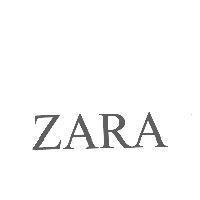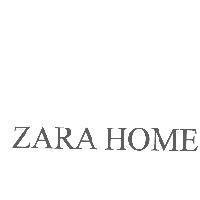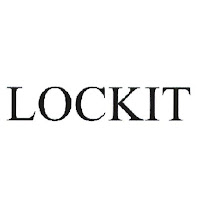On February 26, 2021, Taiwan’s IP Office (“TIPO”) denied opposition filed by Jaguar Land Rover Limited (“Jaguar”), determining that registration of “FIVI” would not cause confusion with Jaguar’s “PIVI” trademark.
The opposed trademark, “FIVI”, was filed on August 28, 2019, and granted on February 16, 2020 (Reg. No. 02041389, see below), designated fur use in goods under class 12, including products like bicycle pumps, headrests for vehicle seat, child safety seat, anti-theft device for vehicle, sunshade device for vehicle, windshields, rearview mirror, front headlight wiper, etc.
Jaguar filed opposition on May 15, 2020, contending that the registration of “FIVI” would cause confusion with its “PIVI” trademark (Reg. No. 02037452, see below), which violates Article 30.1.10 of Trademark Law.
1. Jaguar argued that “FIVI” is similar with “PIVI” because both share the same letters “I”, “V”, and “I”, but TIPO disagreed. To the contrary, since “FIVI” and “PIVI” are composed of foreign letters, TIPO posited that ordinary consumers would pay more attention to the initial letters, and the difference in the initial letters would be sufficient for consumers to distinguish “FIVI” from “PIVI”. Additionally, the pronunciation of “FIVI” is also different from that of “PIVI”. The degree of similarity between “FIVI” and “PIVI” is medium.
2. As to the designated goods, TIPO noted that both Jaguar’s “PIVI” and the opposed trademark “FIVI” are applied for use in relevant parts, components, or devices of vehicle. They all serve similar purpose and perform similar function. Therefore, “FIVI” is applied for use in goods that are similar with Jaguar’s “PIVI”.
3. TIPO acknowledged that Jaguar’s “PIVI” and the opposed trademark “FIVI” are both distinctive because they do not imply or describe the nature, quality, and function of the designated goods. However, TIPO noted that prior to the registration of “PIVI”, there are already other trademarks that also present similar combination of “I”, “V”, and “I”, and are designated for use in similar goods under class 12, For example, there are “GIVI” (Reg. No. 01133052), “KIVI” (Reg. No. 01227785), and “DIVI” (Reg. No. 01864295), which are also applied for use in relevant devices and parts of automobile and motorcycle. Since these trademarks have co-existed for some time, the relevant consumers would know how to distinguish trademarks featuring similar combination of “I”, “V”, and “I”, and are less likely to be confused by registration of “FIVI”.
4. In view of the above, since the degree of similarity between “FIVI” and “PIVI” is, at best, medium; the opposed trademark “FIVI” is also distinctive; and there have been lots of co-existing trademarks that share similar combination of letters, TIPO found consumers shall be able to distinguish “FIVI” from “PIVI”. Thus, TIPO ruled that registration of “FIVI” would not cause confusion with Jaguar’s “PIVI”, and denied Jaguar’s opposition accordingly.
Source:




















